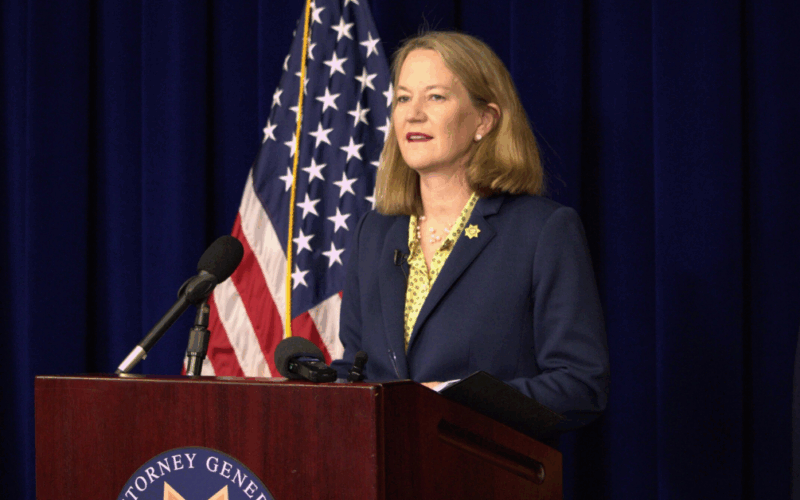In a recent development, a court has allowed lawsuits against an Arizona government agency related to unclaimed property notices. This decision has sparked significant discussion about the agency’s practices, raising concerns among Arizona residents who have received these notifications. Unclaimed property typically includes forgotten bank accounts, insurance payments, or safe deposit contents that state governments try to return to their owners.
The court’s ruling now opens the door for individuals or businesses to challenge the way the Arizona Department of Revenue (ADOR) has been handling these notices. Many argue that the notices can be confusing or misleading, which has prompted legal scrutiny. Understanding this case could be essential for those residing in Arizona or dealing with unclaimed property in any state.
What Are Unclaimed Property Notices?
Unclaimed property notices are official letters sent by state agencies when they believe someone owns unclaimed assets. These assets might include forgotten bank balances, uncashed checks, or other financial items left inactive for years. Each state has its own process for notifying possible owners and returning these properties.
In Arizona, the Department of Revenue is responsible for managing unclaimed property. They send notices seeking to locate owners so the assets can be properly returned. However, many recipients have expressed frustration or confusion about these communications. Some believe the notices feel like demands for payment rather than helpful reminders.
Details of the Court Ruling
The court has permitted lawsuits challenging ADOR’s unclaimed property notices, specifically questioning if the agency’s language or approach violates any laws. Critics say the notices may have elements that resemble debt collection tactics, even though no debt exists. This raises important questions about consumer rights and government transparency.
According to reporting by AZCentral, the court found enough evidence to allow the cases to move forward, indicating that the issue merits further legal examination. This means individuals affected by these notices in Arizona can now seek legal remedy if they feel wronged.
Why This Matters to Arizona Residents
If you live in Arizona or have connections to the state, it is important to understand what unclaimed property notices mean for you. Many younger people may ignore such letters, thinking they are spam or scams, but these notices could represent real money or assets belonging to them or their families.
By allowing lawsuits, the court also encourages more transparency and fairness. It sends a clear message that government agencies must communicate clearly and honestly with the public. This can benefit residents by ensuring they are better informed and protected from confusing or misleading notices.
Steps You Can Take If You Receive an Unclaimed Property Notice
If you get an unclaimed property notice from Arizona or any other state, do not ignore it. First, verify the notice’s authenticity by visiting official state websites like the Arizona Department of Revenue’s Unclaimed Property page. This site offers tools to check if you have unclaimed property and guidance on how to claim it.
Always avoid paying any fees or providing sensitive information unless you have confirmed the notice’s legitimacy. If you feel confused about the language or purpose of the notice, consider consulting a legal professional or consumer protection group.
Looking Ahead: The Impact of These Lawsuits
The ongoing legal challenges against ADOR may lead to changes in how unclaimed property notices are designed and sent out. Ideally, these changes will help avoid confusing or scary messages that mislead recipients. They could also push for stricter rules to protect citizens from practices that blur the lines between government notices and debt collection.
Legal experts and advocacy organizations are watching the case closely. According to Consumer Financial Protection Bureau, cases like these help reinforce consumer rights and accountability for public agencies nationwide.
Conclusion
The court’s decision to allow lawsuits against the Arizona Department of Revenue concerning unclaimed property notices highlights an important issue about government communication and consumer protection. For Arizona residents and beyond, it’s a reminder to stay informed about unclaimed property and to question any notices that seem unclear or unfair.
Always take time to verify and understand such communications, and remember that legal support is an option if you believe your rights have been violated. Staying informed can protect your financial interests and help ensure fair treatment in interactions with government agencies.




